Computer Science Course Offerings in High School Spur More Students to Coding Degrees
ED Surge
FEBRUARY 6, 2024
In recent years high schools across the country have been adding computer science courses, and there is a movement to make them ubiquitous. A new study of an unusually rich dataset in Maryland found that such efforts can have a significant impact when it comes to getting more students to go on to careers in coding, and in bringing more diversity to the field.



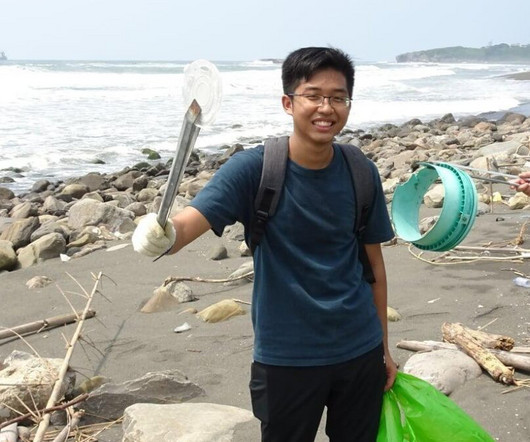
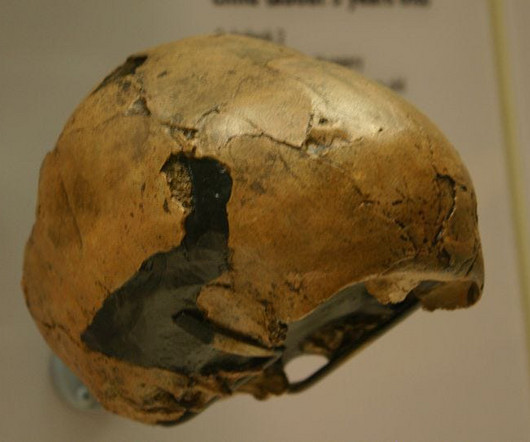
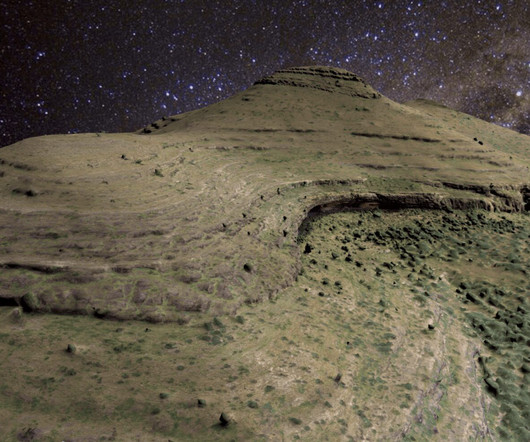

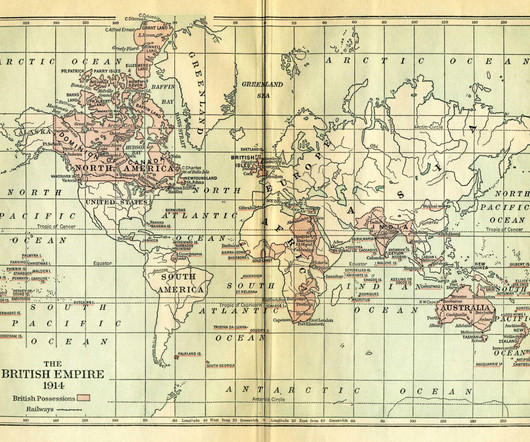
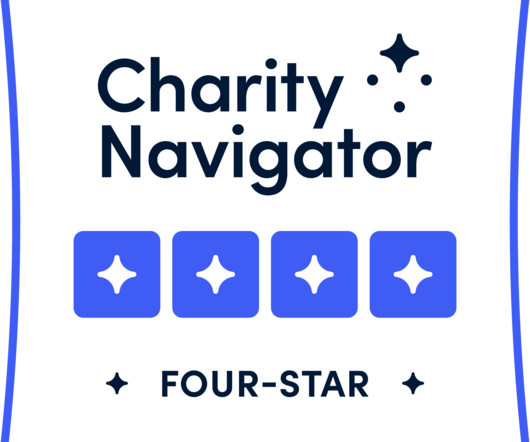

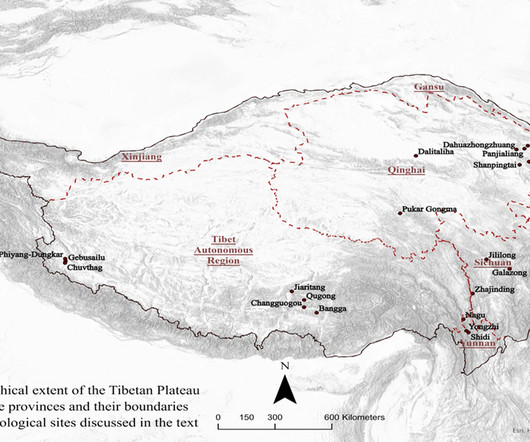

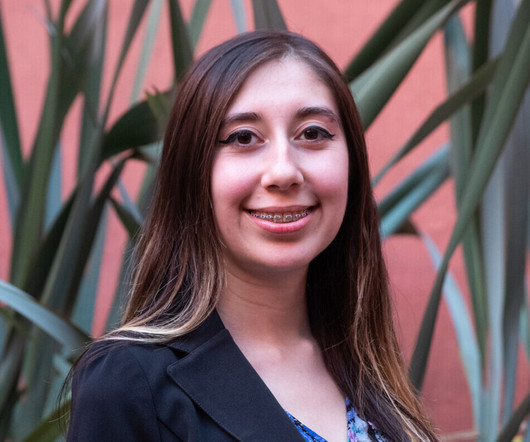








Let's personalize your content